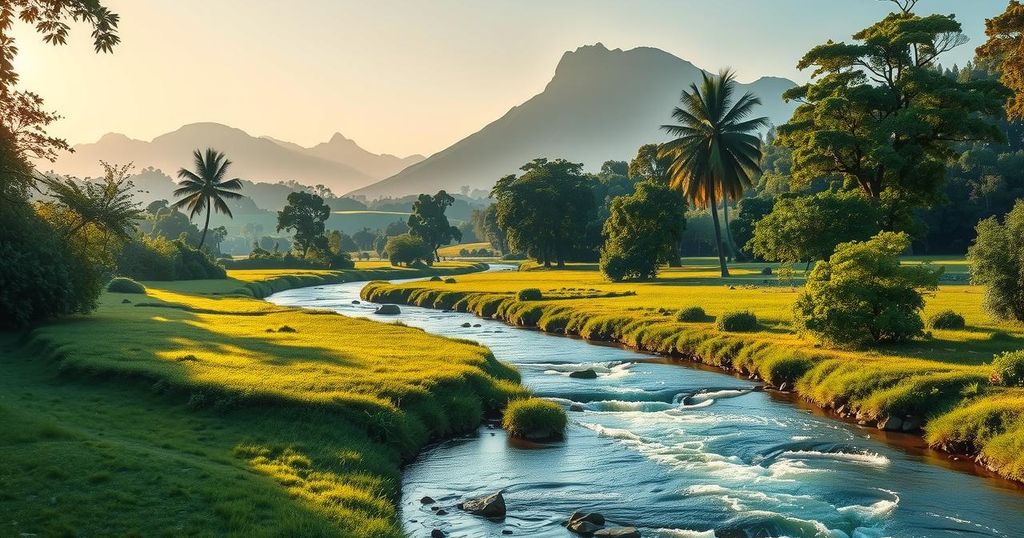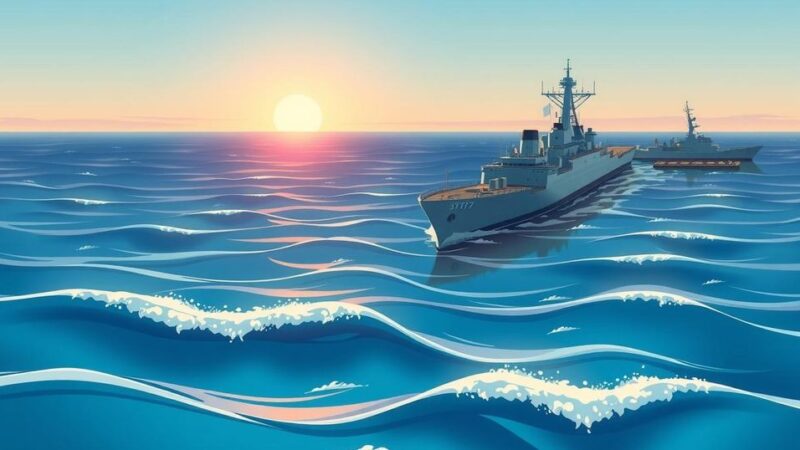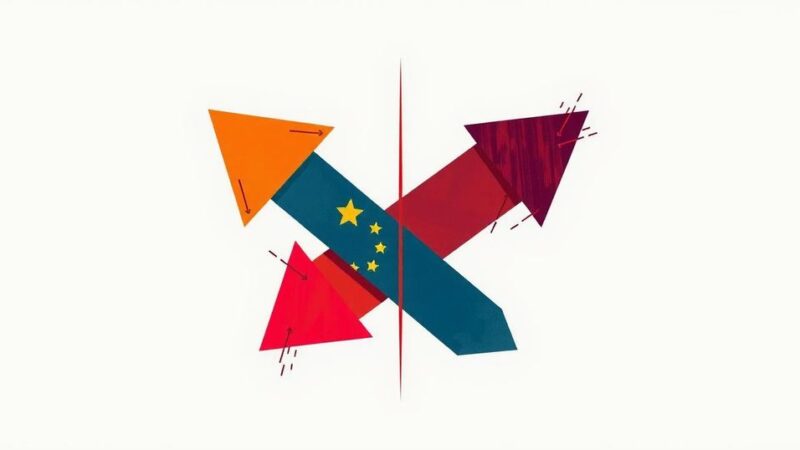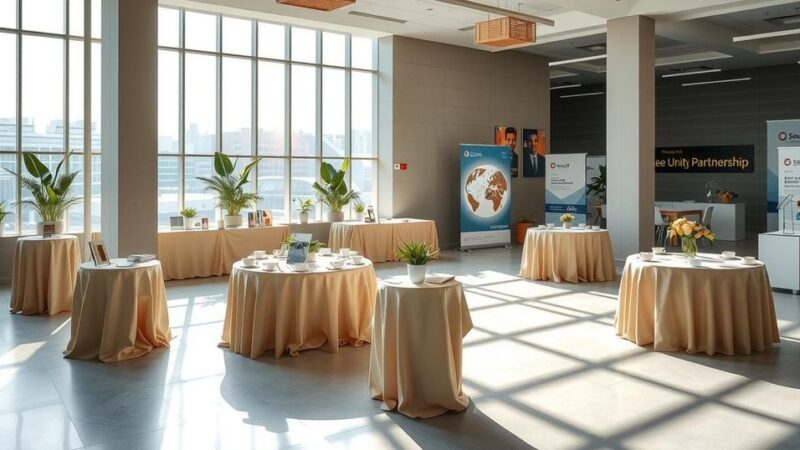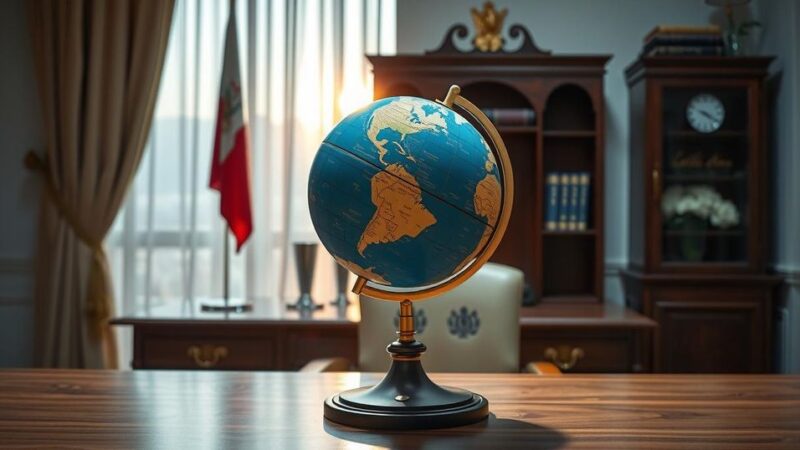The DR Congo crisis involves the M23 rebels’ conquest of eastern territories, prompting international concern and regional military involvement. Key players include President Tshisekedi of DR Congo, Rwanda’s Kagame, and Burundi’s President Ndayishimiye, each with distinct motives. The situation is complicated by Uganda’s ambiguous role and escalating tensions among neighboring nations, threatening broader regional instability.
The ongoing conflict in the Democratic Republic of Congo (DR Congo) is marked by the M23 rebels’ seizure of territory in the mineral-rich eastern region, leading to a humanitarian and diplomatic crisis. Neighboring countries like Rwanda, Burundi, and Uganda are deeply involved, complicating the situation due to their military presence and varying objectives within the conflict. An emergency summit has been called by regional blocs to address the escalating violence and restore peace.
Congolese President Félix Tshisekedi is at the forefront, aiming to reclaim territory lost to the M23, particularly Goma, while accusing Rwanda of backing the rebels to exploit the DR Congo’s resources and instigate regime change. Despite international calls for action against Rwanda, Tshisekedi faces the challenge of political survival amidst internal and external pressures.
Rwanda’s President Paul Kagame is adept at navigating this crisis, asserting that his country acts defensively against threats from Hutu militants. He denies military support for the M23, positioning the conflict as a Congolese issue. However, analysts suggest that Rwanda seeks to enhance its influence over eastern DR Congo, driven by both security considerations and access to mineral wealth.
Burundi plays a critical role as both a neighbor and a participant in the conflict, with its troops supporting the Congolese army against M23. Tensions between Rwanda and Burundi are palpable, as both nations fear spillover effects from the ongoing fighting. Burundi aims to prevent threats to its regime while safeguarding its territorial integrity in the face of M23 advances.
Uganda maintains a complex position in the conflict, providing support to Congo while allegedly backing the M23, which has raised suspicions regarding its motives. Nonetheless, Uganda is primarily focused on targeting Islamic State-linked militants and aims to avoid being overshadowed by Rwanda’s influence.
South Africa has become involved primarily through its military contributions to a regional force aiding DR Congo. However, tensions have emerged due to accusations of Rwandan attacks against South African soldiers. This incident illustrates the broader rift between the East African Community and Southern African Development Community regarding approaches to the crisis, further complicating diplomatic efforts to stabilize the region.
The DR Congo crisis has roots in a complex interplay of regional politics, ethnic tensions, and historical grievances following events such as the Rwandan genocide. The M23 militia, formed primarily by Tutsi refugees left from earlier conflicts, has resumed aggression in the region, reigniting fears of a larger conflict, reminiscent of past regional wars that resulted in massive casualties. This situation becomes even more intricate with the involvement of neighboring countries, each having its own agendas and historical contexts influencing their actions in DR Congo.
In summary, the DR Congo crisis is a multifaceted conflict involving key players including Rwanda, Burundi, and Uganda, each pursuing their own interests amid the ongoing violence. While President Tshisekedi seeks to reclaim lost territory, neighboring nations are entangled in security dilemmas and historical hostilities that threaten to escalate the situation further. Diplomatic efforts are underway, but the complex web of regional dynamics poses significant challenges to achieving lasting peace.
Original Source: www.bbc.com
